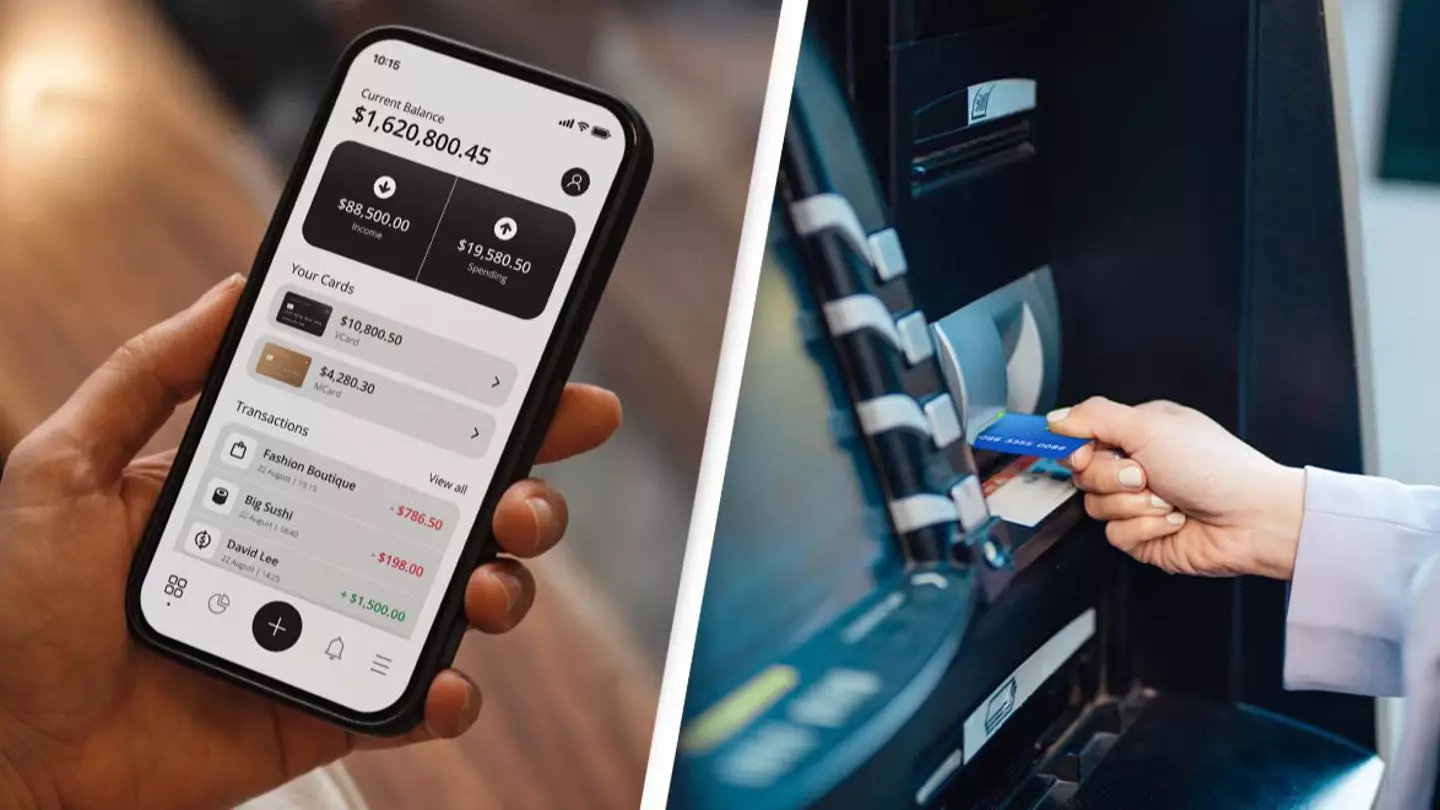
A financial adviser has shared what you should do if you find yourself the recipient of an unexpected payment.
It might sound like a dreamy scenario to wake up and find yourself $100,000 richer, but if you're not careful this scenario could land you in some very hot water.
Financial adviser Bev Shackleton has shared the correct way to act in the unlikely event that this does happen, as well as clarifying some questions about how this scenario works.
Advert
One question was whether you would be able to keep any interest from the money, if you returned it promptly.
Say you accidentally get transferred $100k on five percent interest, and despite immediately informing the bank no one claims it for six months, would you be able to keep the $2,500 of interest that accrued?

The short answer, predictably, is no.
Bev said: "If money lands in your bank account by mistake it is not legally yours and neither is any interest earned."
She added: "It’s really a case of it not being yours in the first place so you’re not entitled to any interest.
"It may be very tempting to think ‘I’ve got some free money’ and immediately withdraw it but the chances are you will be found out and convicted for fraud."
Not only that, but when you do tell the bank then they don't just leave it lying in your account until someone claims it.
Bev explained: "The bank would not wait for the money to be reclaimed, they would just send it back to where it came from through the BACS system."
Basically, the only way for the money to be in your account long enough to accrue any interest would be if you didn't immediately tell your bank which, unsurprisingly, is fraud.
Nonetheless, Bev said that this is still a very rare occurrence as the details on a transfer have to match up for it to go through successfully.
She said: "It’s highly unlikely that this would ever happen as, if you were to arrange a bank transfer you have to key in the account number and sort code and the name on the account you are transferring to.

"If they don’t match you won’t be able to do the transfer in the first place."
So, what is the right thing to do in the unlikely event that this happens?
"The correct thing to do is immediately tell your bank and let them sort it out," Bev explained.
And there's a very good reason for this. Fraudsters do sometimes hack bank accounts as a way to launder money, and not declaring it as soon as possible can make you look suspicious.
She said: "You don’t want to be in the situation where someone is fraudulently using your account to launder money. For example if a fraudster managed to hack into your account, pay in £100,000 and then transfer it out again it looks like you are involved.
"The banks are pretty hot on this these days but somehow scams still happen."
Basically, tell your bank about the mistake as soon as possible, and don't spend it or you could end up in a lot of trouble.
